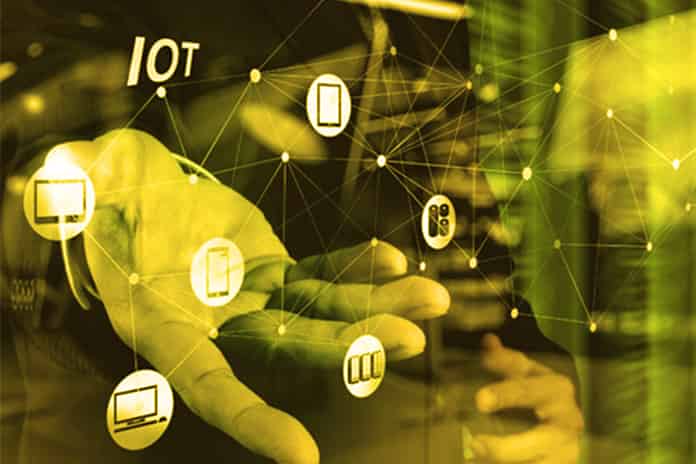Automation driven by artificial intelligence (AI) technologies is at the heart of a long-standing movement. The market “is evolving from a model in which people understand technology to one of the technologies that understand humans,” said Brian Burke, vice president of research at Gartner.
The American firm highlights the following major trends:
Table of Contents
Top 10 Tech Trends
1. Hyper-automation
The automation carried by machine learning technologies (machine learning, ML) gaining momentum in the business. Understanding and measuring the reach of automation mechanisms is part of an approach Gartner analysts call “hyperautomatization.” This is based on a set of tools, including robotic process automation (RPA) solutions. The human is involved.
2. UX And Mixed Reality
User experience (UX) and interactions with the digital world are changing. The spread of platforms and conversational agents ( chatbots ), as well as virtual reality (VR), augmented (AR) and mixed (MR), contributes to this evolution. In addition, the machine and its algorithms allow the market to better understand and anticipate user intention. A movement that should gain momentum over the next decade, according to the Gartner firm.
3. Skills And Low Code
The upgrading of skills involved in the dissemination of AI and advanced data analysis (data & analytics) is another strong trend highlighted by Gartner. Engineers and developers are not the only ones targeted. This change also involves an extended portfolio of solutions ( low code, no-code, etc.) allowing “non-technical” profiles to create, manage and operate applications.
4. Augmented Human
Providing humans with improved cognitive and physical capacities is an old mantra. It should gain momentum in the coming years. Gartner even speaks of “consumerization” and extension to the work environment.
5. Data Traceability
Data protection is a thriving market driven by compliance requirements. Businesses can also benefit from the ethical expectations of audiences. Four areas are particularly promising, according to Gartner: AI and machine learning, confidentiality, data ownership and control and, finally, the inclusion of ethics from the design of a project/product/service.
6. Edge Computing
In connection with the Internet of Things (IoT), computing at the edge of the network (Edge computing) is a market in which the heavyweights of IT technologies and services (HPE, IBM, Microsoft, AWS, etc.) are investing billions of dollars. Google…
To process and store data where it is produced.
7. Distributed Cloud
The cloud is expected to evolve from a centralized model to a distribution of public cloud services from different locations. The cloud provider assuming responsibility for the service (operation, maintenance, updates, new features, etc.)
8. Connected And Autonomous Objects
They can be robots, drones, vehicles, ships, appliances, etc. So-called “autonomous” objects rely on AI to perform tasks that were initially performed by humans. The evolution of regulations should allow them to gradually gain ground in the public space, according to Gartner.
9. Blockchain In Practice Tomorrow
Within 5 to 10 years, decentralized transaction management technology ( blockchain or blockchain ) is expected to transform the business of most industries, predicts the research firm.
10. Security Driven By AI
Security solutions based on artificial intelligence and machine learning are gaining ground in enterprises. The transition from proof of concept to large-scale deployment is not easy. Still, according to other analysts (Capgemini Research Institute), nearly 7 in 10 IT decision-makers believe that without AI their organization will not be able to respond to future cyber attacks.


